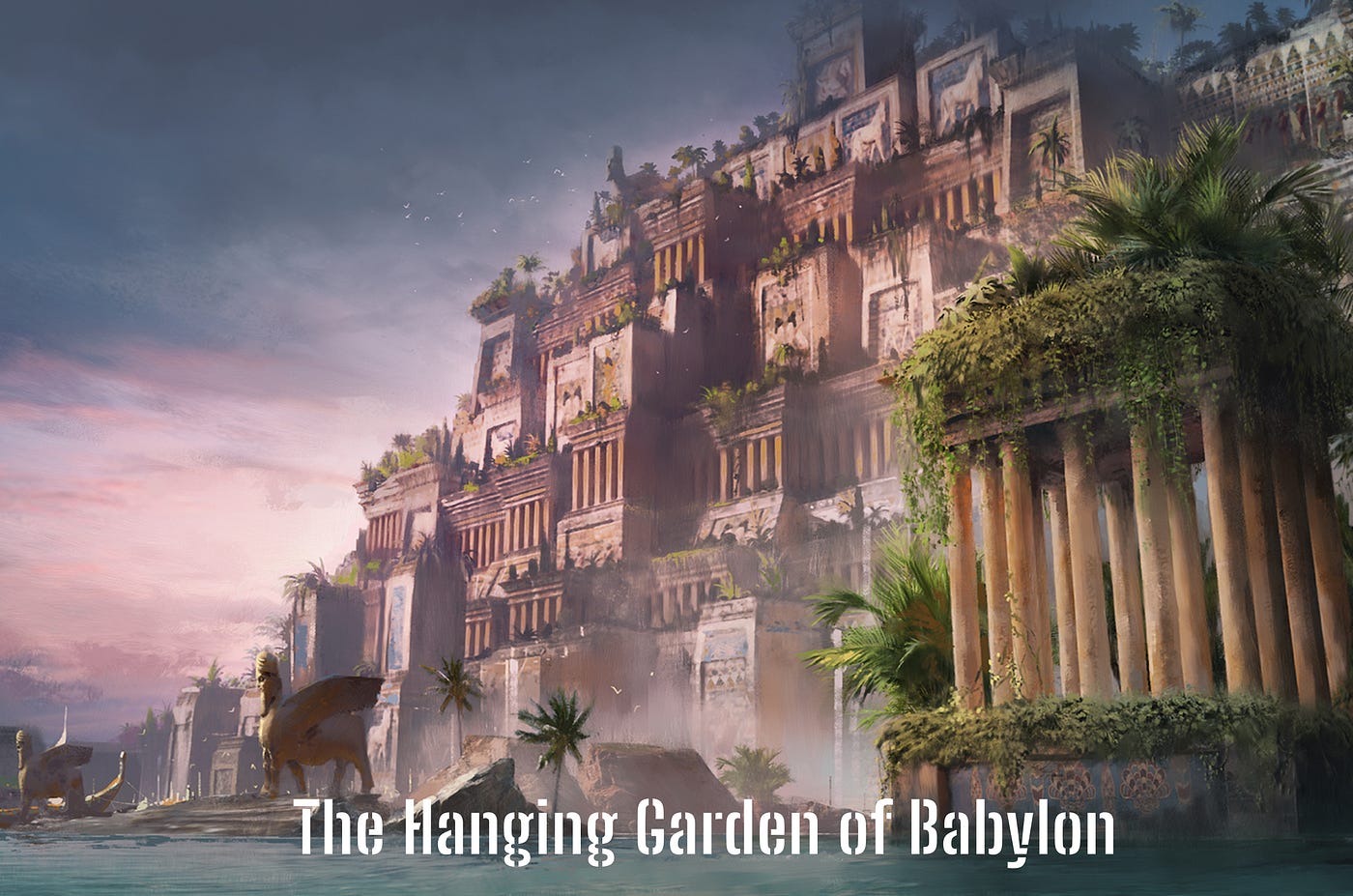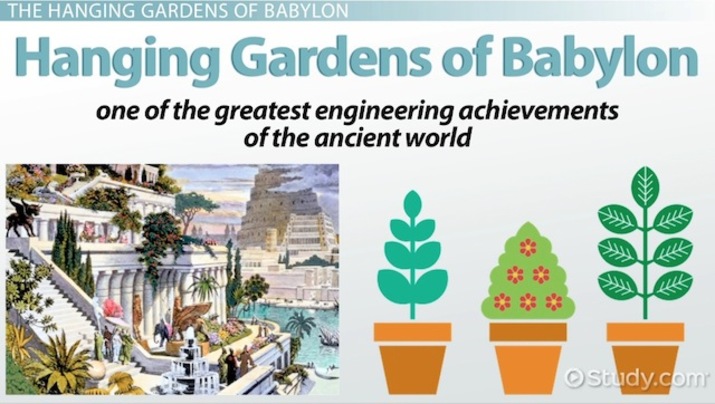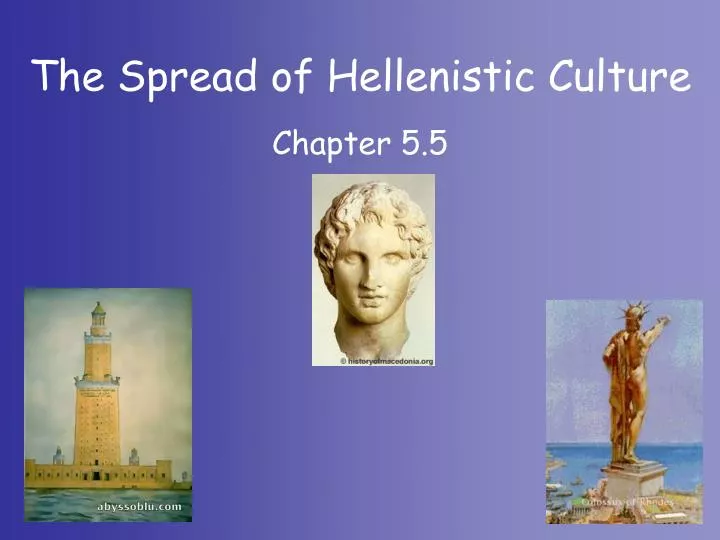Hanging Gardens of Babylon and Hellenic Culture
Babylon: A Legendary City of Mesopotamia
Introduction:
Babylon, the ancient city located in the heart of Mesopotamia, holds a prominent place in human history and imagination. Renowned for its towering ziggurats, impressive city walls, and contributions to art, science, and literature, Babylon stands as a testament to the ingenuity and cultural richness of the ancient Near East. This article explores the multifaceted aspects of Babylonian civilization, from its rise to prominence to its enduring legacy in the modern world.
Early History and Rise to Power:
Babylon's origins can be traced back to the third millennium BCE when it was a small Akkadian town. However, it rose to prominence under the rule of Hammurabi, who established the Babylonian Empire in the 18th century BCE. Hammurabi is best known for his law code, one of the earliest legal systems in history, which served as a model for subsequent civilizations. Under Hammurabi's successors, Babylon became a thriving center of trade, commerce, and culture, attracting merchants, scholars, and artisans from across the ancient Near East.
Architectural Marvels:
One of the most enduring legacies of Babylon is its impressive architecture, including the famous ziggurat known as the "Etemenanki" or "Tower of Babel." This massive structure, dedicated to the god Marduk, served as a symbol of Babylonian power and religious devotion. The city's fortifications, including the legendary Walls of Babylon, were among the most formidable in the ancient world, inspiring awe and admiration among contemporaries. Babylon's urban layout, with its grid-like street patterns and bustling marketplaces, reflects the sophistication of ancient Mesopotamian city planning.
Cultural and Intellectual Achievements:
Babylonian civilization made significant contributions to art, literature, mathematics, and astronomy. The Babylonians were skilled astronomers, developing complex mathematical techniques for predicting celestial events and creating the first known written astronomical observations. Their contributions to mathematics include the development of the base-60 numerical system, which forms the basis of modern timekeeping and geometry. Babylonian literature, including the epic of Gilgamesh, one of the oldest surviving works of literature, continues to captivate readers with its timeless themes of friendship, mortality, and the quest for meaning.
Decline and Legacy:
Despite its cultural and military achievements, Babylon faced periods of decline and conquest throughout its history. The city was sacked multiple times by foreign invaders, including the Assyrians, Persians, and Macedonians. However, Babylon's legacy endured long after its political power waned. Its cultural and intellectual achievements continued to influence subsequent civilizations, including the Greeks, Romans, and Islamic scholars. The biblical account of the Tower of Babel, a symbol of human ambition and divine intervention, has permeated Western culture, inspiring countless works of art, literature, and theology.:max_bytes(150000):strip_icc()/BabylonintheBibleGettyImages-117192581-56c5ecbe3df78c763fa6662e.jpg)
Conclusion:
Babylon's rich history and cultural legacy continue to fascinate and inspire people around the world. From its towering ziggurats and majestic city walls to its contributions to art, science, and literature, Babylon stands as a testament to the enduring achievements of ancient Mesopotamian civilization. As we explore the legacy of Babylon, we gain insight into the complexities of human history and the timeless quest for knowledge, power, and cultural expression.
The Hanging Gardens of Babylon: A Legendary Marvel of Ancient Engineering
Introduction:
The Hanging Gardens of Babylon, one of the Seven Wonders of the Ancient World, have captured the imagination of people for centuries. Situated in the heart of Mesopotamia, near present-day Baghdad, Iraq, these gardens are renowned for their beauty, engineering ingenuity, and historical significance. Despite their fame, there is much debate among historians and archaeologists regarding their exact location, design, and even their existence. Nevertheless, the legend of the Hanging Gardens continues to inspire awe and fascination, offering a glimpse into the remarkable achievements of ancient civilizations.
Historical Background:
The Hanging Gardens are believed to have been constructed during the reign of Nebuchadnezzar II, a Babylonian king who ruled from 605–562 BCE. Nebuchadnezzar II is remembered as one of the most powerful and ambitious rulers of the ancient world, credited with expanding and beautifying the city of Babylon. According to historical accounts, the gardens were built as a gift for his wife, Amytis of Media, who longed for the lush greenery of her homeland.
Design and Architecture:
Descriptions of the Hanging Gardens vary, as they were recorded by ancient historians who lived centuries after their construction. However, common features include a series of terraced gardens built on raised platforms, supported by intricate irrigation systems. The gardens were said to have been adorned with a variety of plants, trees, and flowers, creating a stunning spectacle that defied the arid climate of Mesopotamia. Some accounts suggest that the gardens were constructed using mud bricks and waterproofing techniques to prevent soil erosion and retain moisture.
Engineering Marvel:
The engineering feat required to create and maintain the Hanging Gardens is a testament to the advanced knowledge and skills of the Babylonians. The gardens were designed to overcome the natural limitations of the environment, utilizing aqueducts, canals, and waterwheels to transport water from the Euphrates River to the upper levels of the terraces. This innovative irrigation system allowed for the cultivation of diverse vegetation, including exotic plants not native to the region.
Cultural Significance:
The Hanging Gardens of Babylon hold immense cultural significance as a symbol of human creativity and ambition. They represent the human desire to tame and beautify the natural world, transforming barren landscapes into lush oases of life and vitality. Moreover, the gardens have inspired countless works of art, literature, and mythology, influencing the imagination of generations across different cultures and civilizations.
Legacy and Controversies:
Despite their enduring legacy, the Hanging Gardens of Babylon remain shrouded in mystery and controversy. Some scholars argue that the gardens may have been a literary invention or a metaphorical representation rather than a physical structure. Others speculate about alternative locations for the gardens, suggesting that they may have been located in Assyria or even outside Mesopotamia altogether. The lack of archaeological evidence further complicates efforts to unravel the truth behind the legend.
Conclusion:
The Hanging Gardens of Babylon continue to captivate and intrigue people around the world, embodying the timeless allure of ancient wonders. Whether real or imagined, their legacy endures as a testament to the creativity, ingenuity, and aspirations of humanity. As we marvel at the beauty and complexity of these gardens, we are reminded of the enduring power of human imagination to create wonders that transcend time and place.
The Legacy of Helenic Culture: An Enduring Influence on Civilization
Introduction:
The Hellenic culture, which emerged in ancient Greece, stands as one of the most influential and enduring civilizations in history. From its philosophical insights and artistic achievements to its democratic principles and architectural innovations, Hellenic culture has left an indelible mark on the development of Western civilization and beyond. This article explores the multifaceted aspects of Hellenic culture, examining its impact on literature, philosophy, art, politics, and beyond.
Literature and Mythology:
Greek literature, with its rich tradition of epic poetry, drama, and philosophy, has profoundly shaped the literary canon of the Western world. The epic poems of Homer, "The Iliad" and "The Odyssey," offer timeless insights into the human condition, exploring themes of heroism, fate, and the pursuit of knowledge. Greek mythology, with its pantheon of gods and heroes, continues to inspire countless works of literature, art, and film, serving as a source of allegory and symbolism for generations.
Philosophy and Intellectual Legacy:
The intellectual legacy of Hellenic culture is perhaps best exemplified by the profound contributions of Greek philosophers such as Socrates, Plato, and Aristotle. These thinkers laid the groundwork for Western philosophy, grappling with questions of ethics, metaphysics, and epistemology that continue to resonate today. The Socratic method, characterized by rigorous questioning and critical inquiry, remains a cornerstone of modern education and intellectual discourse.
Art and Architecture:
Greek art and architecture are celebrated for their beauty, symmetry, and harmony, reflecting the ideals of balance and proportion espoused by Hellenic culture. From the majestic temples of the Acropolis in Athens to the timeless sculptures of gods and athletes, Greek artistry continues to inspire awe and admiration. The legacy of Greek architecture is evident in the design of modern buildings, monuments, and civic spaces, attesting to the enduring influence of classical aesthetics.
Politics and Democracy:
The democratic principles of Hellenic culture, born in the city-states of ancient Greece, laid the foundation for modern systems of governance and civic participation. The Athenian democracy, with its emphasis on citizen participation and the rule of law, provided a model for political theorists and statesmen throughout history. The concept of democracy, derived from the Greek words "demos" (people) and "kratos" (rule), remains a guiding principle of modern governance, embodying the ideals of equality, liberty, and self-governance.
Legacy and Contemporary Relevance:
The legacy of Hellenic culture extends far beyond the borders of ancient Greece, shaping the cultural, political, and intellectual landscape of the world. From the Renaissance to the Enlightenment and beyond, the ideas and achievements of Hellenic civilization have continued to inspire and inform human progress. Today, the principles of democracy, rational inquiry, and artistic expression that originated in ancient Greece continue to inform our understanding of the world and our place within it.
Conclusion:
The enduring legacy of Hellenic culture serves as a testament to the power of human creativity, intellect, and spirit. From its philosophical insights and artistic achievements to its democratic ideals and architectural marvels, Hellenic civilization has left an indelible mark on the course of human history. As we continue to explore and appreciate the achievements of ancient Greece, we are reminded of the timeless relevance of its culture and the enduring capacity of the human spirit to transcend the limits of time and place.












































